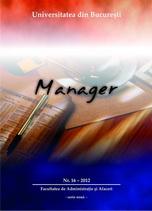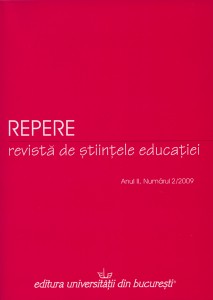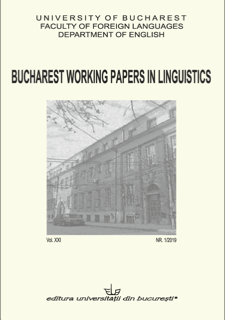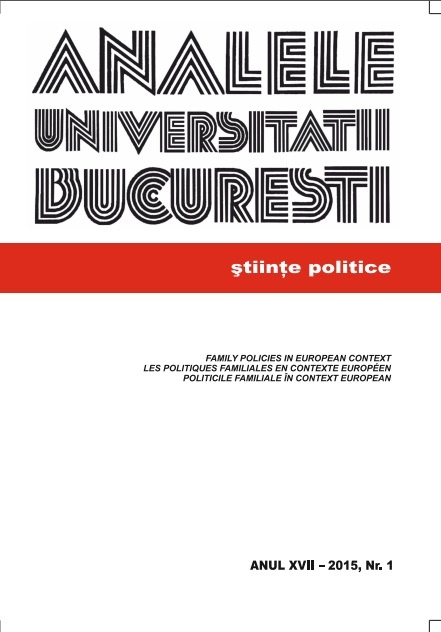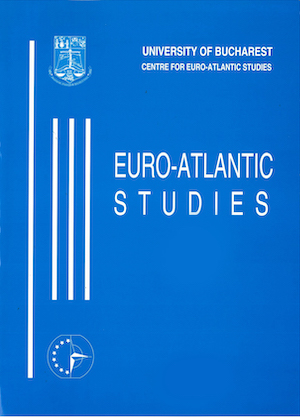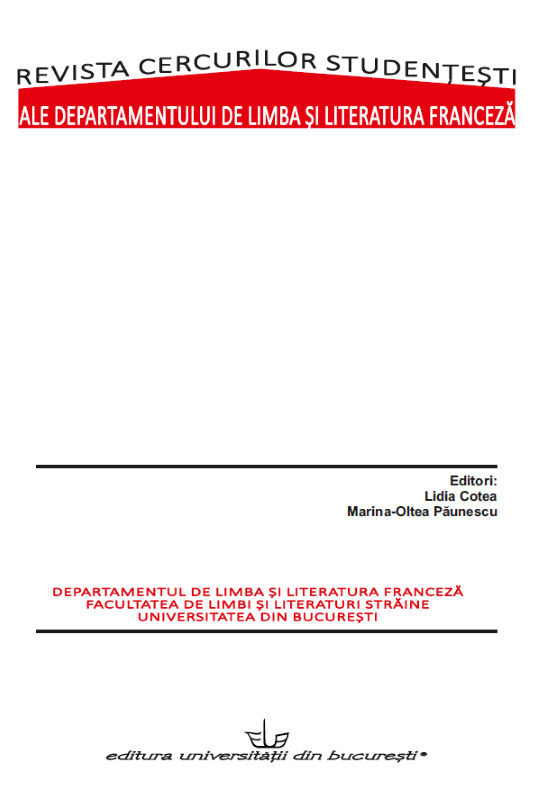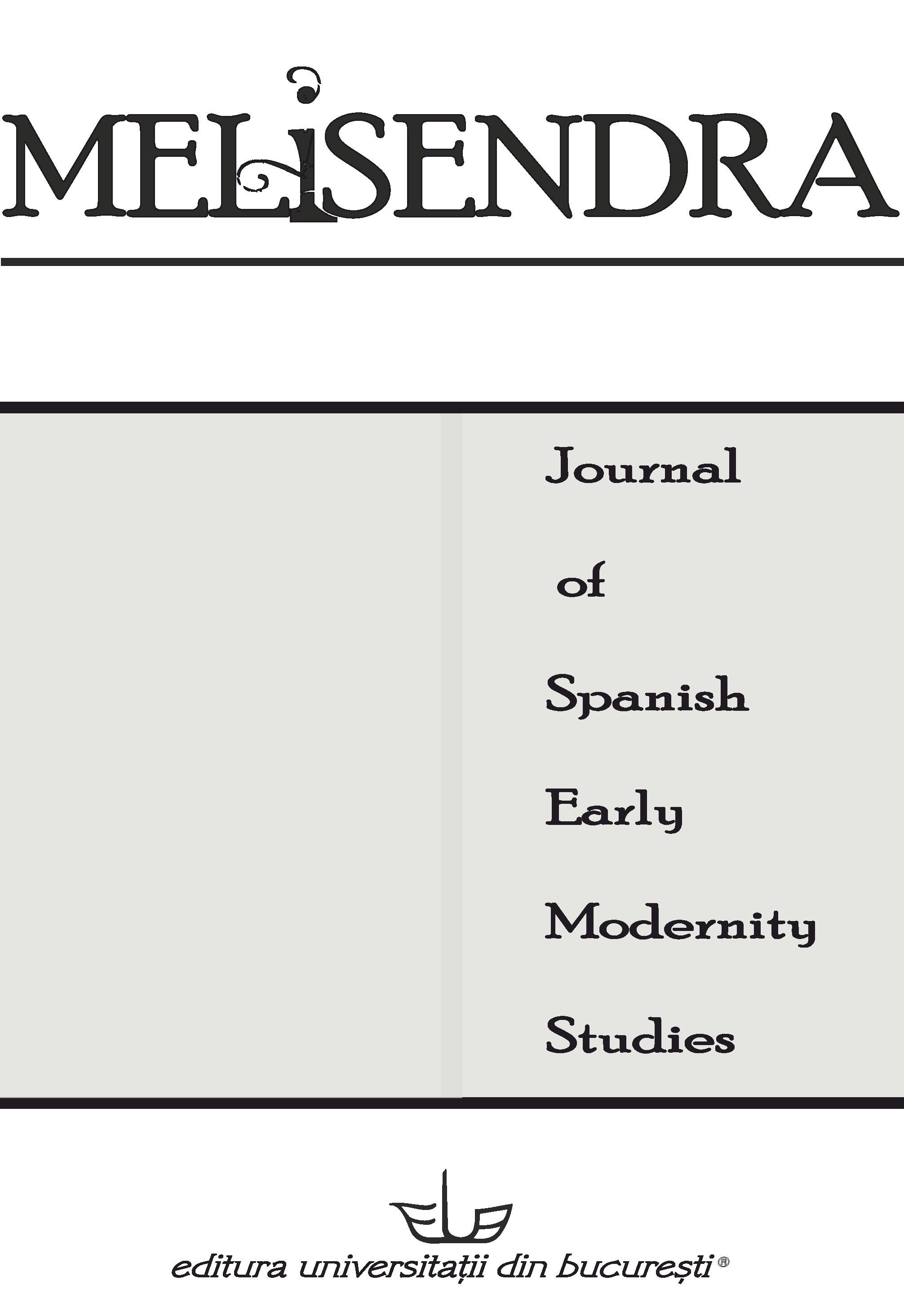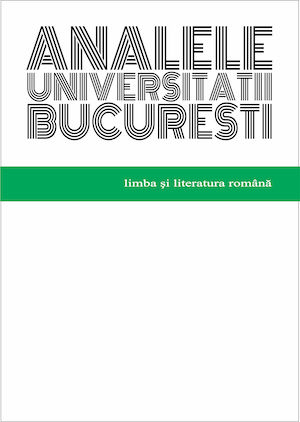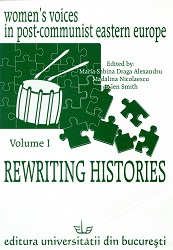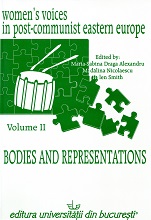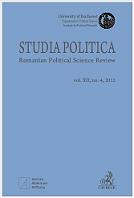
Studia Politica. Romanian Political Science Review
Studia Politica. Romanian Political Science Review
The end of the Cold War, and the extinction of communism both as an ideology and a practice of government, not only have made possible an unparalleled experiment in building a democratic order in Central and Eastern Europe, but have opened up a most extraordinary intellectual opportunity: to understand, compare and eventually appraise what had previously been neither understandable nor comparable. Studia Politica. Romanian Political Science Review was established in the realization that the problems and concerns of both new and old democracies are beginning to converge. The journal fosters the work of the first generations of Romanian political scientists permeated by a sense of critical engagement with European and American intellectual and political traditions that inspired and explained the modern notions of democracy, pluralism, political liberty, individual freedom, and civil rights. Believing that ideas do matter, the Editors share a common commitment as intellectuals and scholars to try to shed light on the major political problems facing Romania, a country that has recently undergone unprecedented political and social changes. They think of Studia Politica. Romanian Political Science Review as a challenge and a mandate to be involved in scholarly issues of fundamental importance, related not only to the democratization of Romanian polity and politics, to the great transformation that is taking place in Central and Eastern Europe, but also to the make-over of the assumptions and prospects of their discipline. They hope to be joined in by those scholars in other countries who feel that the demise of communism calls for a new political science able to reassess the very foundations of democratic ideals and procedures. The Department of Political Science at the University of Bucharest was founded in 1991 with the purpose to act as a focal point for training and research in political science. The Department offers its over one thousand undergraduate students a full curriculum in three languages: English, French and Romanian. The Department fosters the highest standards of scholarly inquiry while addressing issues of major political and social concern in the fields of political theory, comparative politics, Romanian politics, international relations and European government ands policies. The Department benefits from an exchange of students, and, occasionally, faculty with numerous universities in France, Germany, Italy, Belgium, Canada and the United States. Several members of the faculty went on to serve as high officials and policy advisors for different post-communist administrations, whereas others helped transform the scope and methods of political science in Romanian academia.
More...
